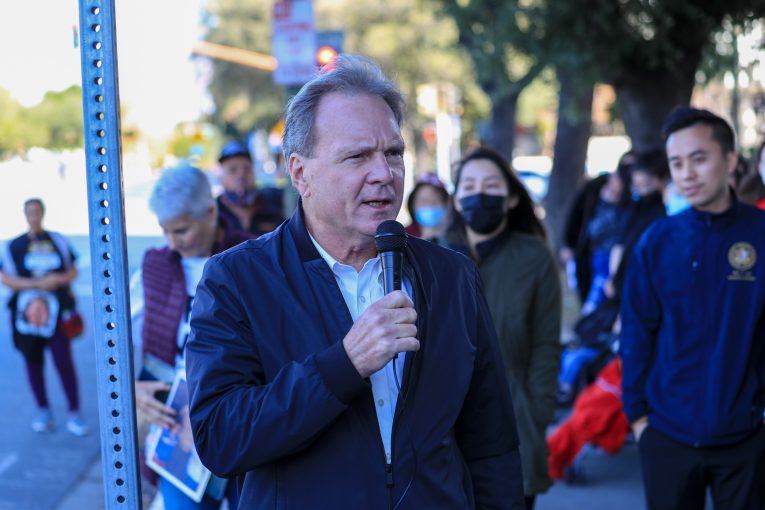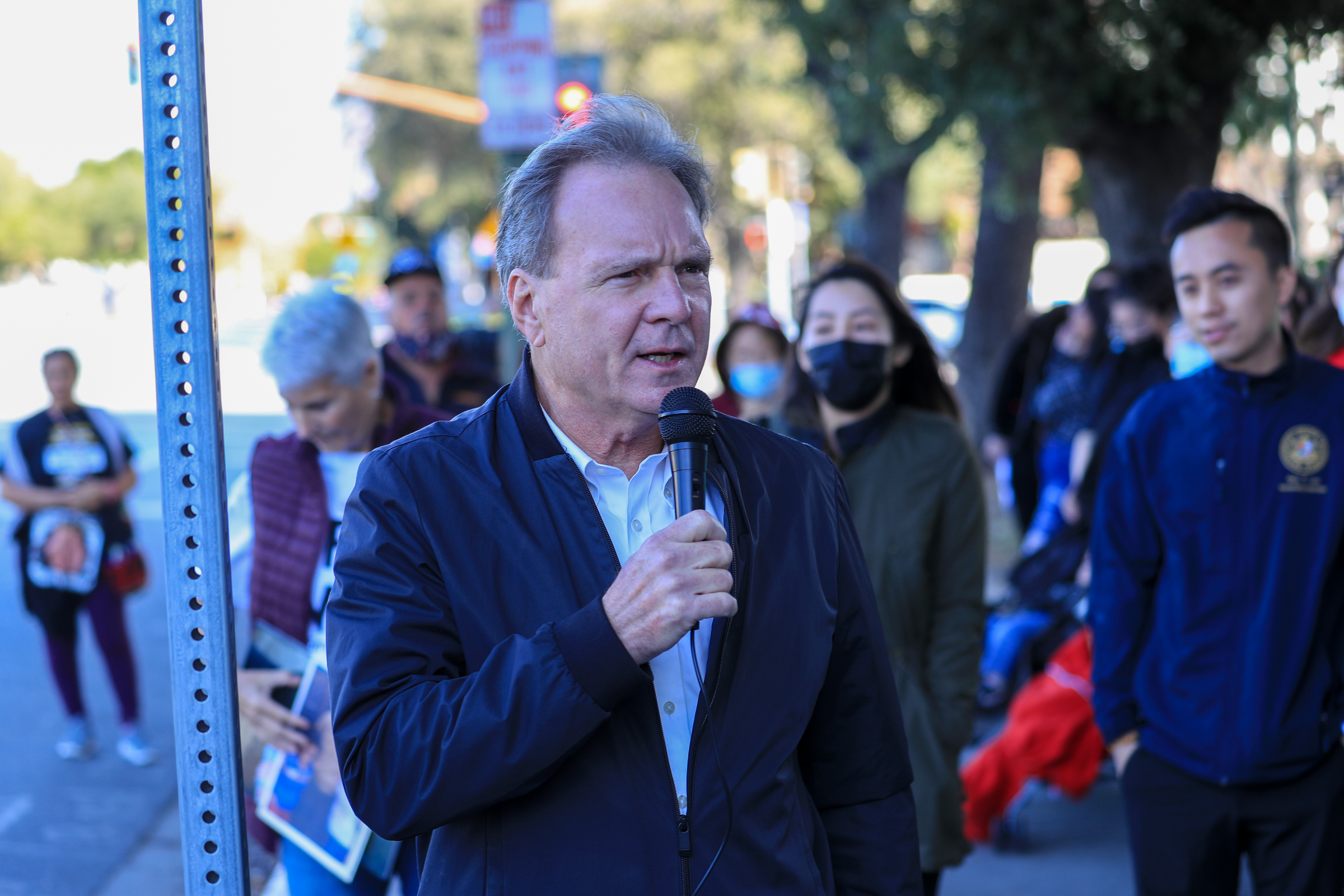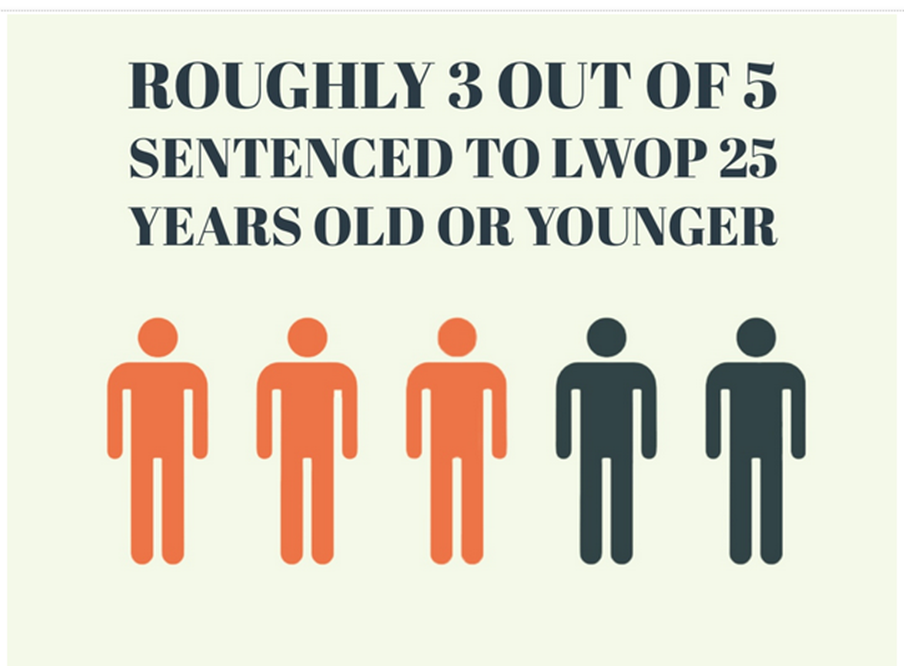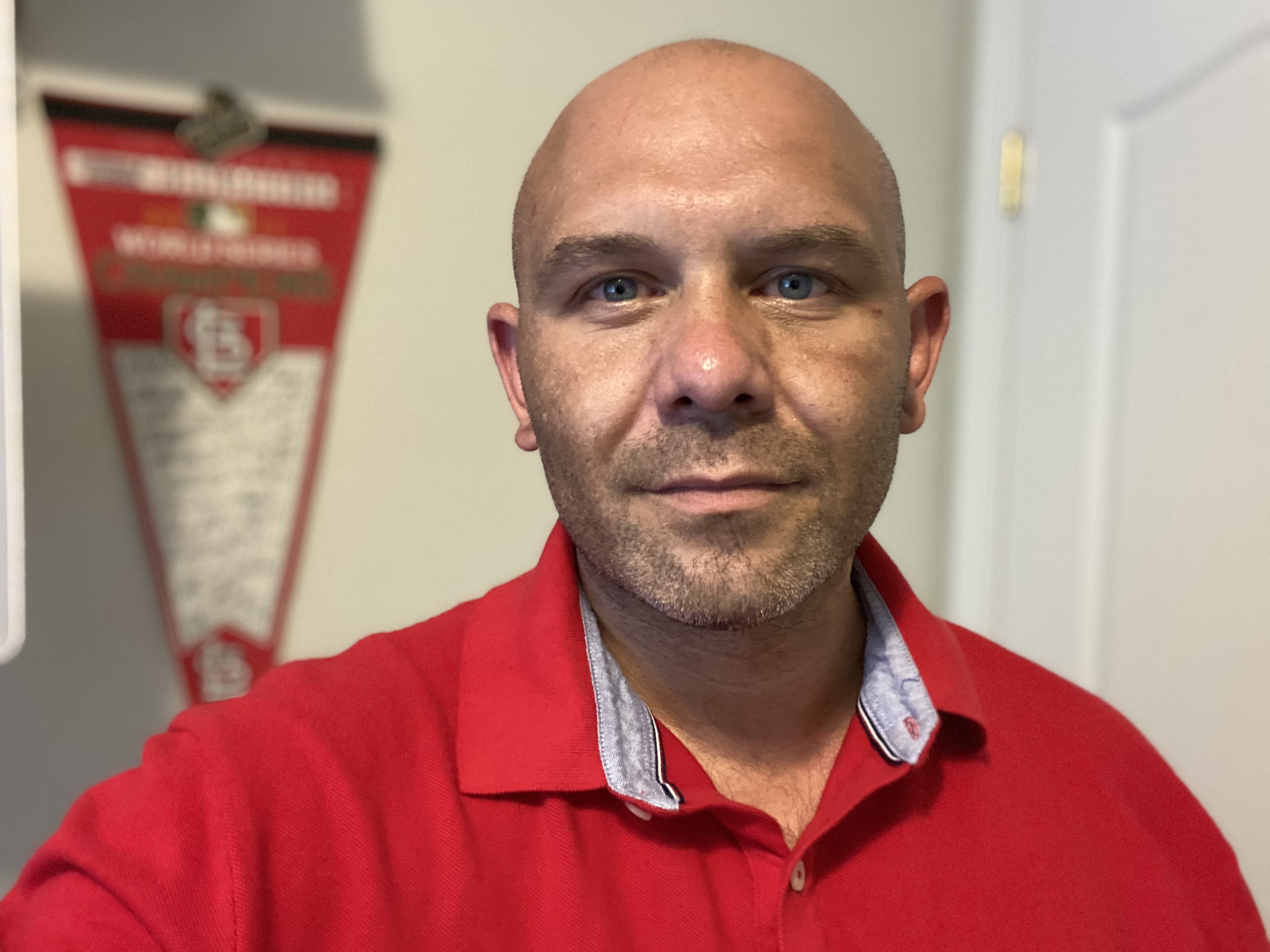

By Robert J Hansen
Sacramento, CA – A bill that would expand judicial discretion to judges, allowing them to order a sentence other than the death penalty or life in prison without parole (LWOP) for “felony murder special circumstances” cases passed the Assembly appropriations committee last Thursday.
Felony Murder Elimination Project (@endfelonymurder) tweeted, “SB300 passed Assembly Appropriations [and is] now headed to the Assembly for a floor vote.
“Thank you all for what you’ve done to keep pushing this important reform bill forward,” @endfelonymurder said.
The Sentencing Reform Act, or SB 300, could be headed to Governor Gavin Newsom’s desk if it passes the upcoming Assembly floor vote.
SB 300 would repeal parts of Proposition 115 that allow for punishment by death or imprisonment for life without the possibility of parole for a person convicted of murder, in the first degree, who is not the actual killer, but acted with reckless indifference for human life as a major participant in certain specified violent felonies, according to the bill.
“The death penalty and life without the possibility of parole (LWOP) are punishments so extreme they are virtually unheard of in much of the world,” the Felony Murder Elimination Project said in support of the bill.
Thank you @SenDaveCortese for your leadership and work to reform unjust sentencing schemes that disproportionately impact young people, women—who are more likely to become criminalized due to the actions of their abusers—and Black and Latino communities. #SB300 https://t.co/eSyYVU2BBD
— Smart Justice California (@SmartJusticeCA) August 11, 2022
California not only regularly imposes these sentences but currently requires judges to impose them for any adult convicted of “murder with special circumstances,” even if the person did not kill anyone nor intend anyone to die, according to the project.
“Like other enhancements, special circumstances law allows for unchecked prosecutorial discretion that has resulted in disturbing racial disparities in the death penalty and LWOP sentences,” FMEP said.
In an Op-Ed to the San Jose Spotlight, California State Senator Dave Cortese, representing District 15, said the state Legislature must stop these unjust sentencing schemes “once and for all.
“I’m proud that the state Senate recognized this problem and approved SB 300 overwhelmingly with a clear and convincing two-thirds vote,” Cortese wrote. “Now, we hope the state Assembly responds the same way. Through modest reforms, we can end extreme injustices.”
Cortese said the “felony murder special circumstances” rule disproportionately impacts young people and women.
“[Both] are more likely to become criminalized due to the actions of their abusers,” Cortese said. “Black and Latinx communities that make up two-thirds of this prison population in California.”
California must stop criminalizing survivors. Black women, like Tammy Cooper, are often the most vulnerable, according to UCLA gender studies professor Alisa Bierria.(twitter embedding)
Cooper is a California woman who was sex trafficked from the age of 14 and spent 28 years in prison for a murder committed by her abusive pimp.
Cooper told her abuser about a man who kept extra cash in his residence and would be easy to rob.
When the pimp killed the man, they both fled the scene, and Cooper eventually turned herself in.
She was charged with felony murder under special circumstances and ultimately was sentenced to life in prison without parole while the abusive pimp was sentenced to a lesser charge.

An exploratory survey in California found that 72 percent of women but only 55 percent of men serving a life sentence for felony murder were not the perpetrators of the homicide.
Of those sentenced to LWOP in CA, about two-thirds are people of color and 62 percent were 25 years or younger, a “Youth Offender” at the time of their offense, according to The Sentencing Project
The most common age to be sentenced to LWOP is 19 years old and 71 percent of people sentenced to LWOP are first-time offenders.
Opposition to SB 300 includes Eric Siddall, Vice President, LA Association of Deputy District Attorneys, who says victims are being impacted by radical changes to the criminal justice system.
“We have another safeguard,” Siddall said in an interview with Crime Victims United. “We don’t have to have this ability for judges to strike the special circumstance.”
Still, the UCLA professor and anti-violence advocate who works to end the criminalization of survivors of domestic and sexual violence said the current law is “so extreme.”
“If you have a law that punishes people for something that someone else did, that law will disproportionately impact victims of domestic violence and sex trafficking because those victims cannot extract themselves from abusive individuals,” Bierria said in an LA Times interview.






